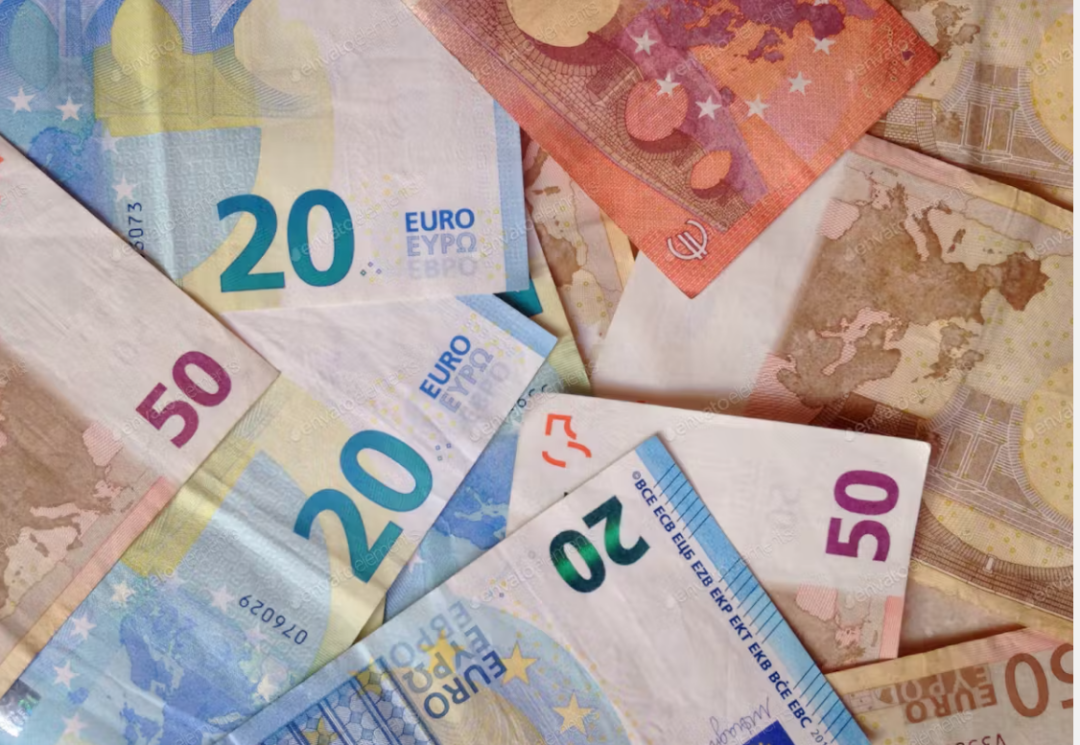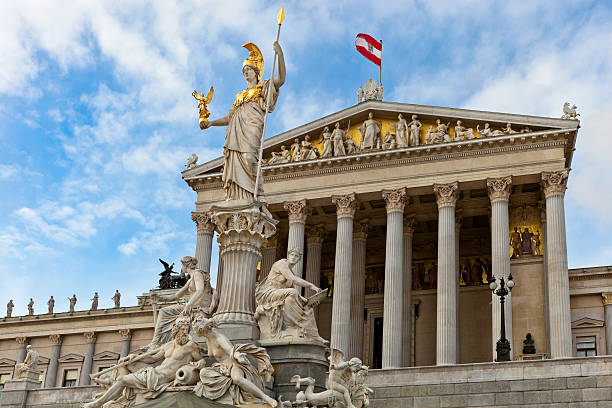Austria and Pakistan: Strengthening Trade Ties
Austria and Pakistan, despite their geographical distance, share a dynamic trade relationship. Let’s explore the essential aspects of their bilateral trade, economic cooperation, and the potential for further growth.
1. Historical Context
Diplomatic Relations: Austria and Pakistan established diplomatic ties in 1956. Since then, they have engaged in various economic and cultural exchanges.
Trade Agreements: Both countries have signed agreements to promote trade and investment.
2. Trade Statistics
Austria’s Exports to Pakistan
Key Products:
Unprocessed Artificial Staple Fibers: Austria exports approximately $48.4 million worth of these fibers to Pakistan.
Electric Generating Sets: These contribute around $13.8 million to Austria’s exports.
Industrial Printers: Austria exports industrial printers valued at $13.5 million.
Growth Trends:
Over the last 27 years, Austria’s exports to Pakistan have grown at an annualized rate of 5.8%, from $33.1 million in 1995 to $152 million in 2022.
Pakistan’s Exports to Austria
Key Products:
House Linens: Pakistan exports house linens worth approximately $61.1 million to Austria.
Knit Women’s Suits: These contribute around $8.45 million to Pakistan’s exports.
Non-Knit Men’s Suits: Pakistan exports non-knit men’s suits valued at $8.22 million.
Growth Trends:
Over the last 27 years, Pakistan’s exports to Austria have grown at an annualized rate of 2.91%, from $54.1 million in 1995 to $117 million in 2022.
3. Investment and Cooperation
Hydropower and Alternative Energy: Austrian companies invest in Pakistan’s energy sector, particularly in hydro power and alternative energy projects.
Educational and Cultural Exchange: Memorandums of Understanding (MoUs) promote academic and cultural cooperation.
4. Conclusion
Austria and Pakistan continue to explore opportunities for collaboration. As both nations strive for economic growth and cultural understanding, their trade ties remain a vital bridge between Central Europe and South Asia.
Business Culture in Austria
Business Culture in Austria
Austria values formality and politeness in business interactions.
Meetings are scheduled in advance and follow strict agendas.
Use formal titles when addressing someone.
Punctuality is essential.
2. Who Can Start a Business in Austria?
EU Citizens with Austrian Resident Cards:
If you fall into this category, you can register your business relatively easily.
Expats from Outside the EU:
The process may be trickier but still possible.
Familiarize yourself with local business etiquette.
3. Legal Structures for Businesses in Austria
Limited Liability Company (GmbH):
Common choice for small and medium-sized businesses.
Requires at least one shareholder and a minimum share capital.
Articles of Association and notarized signatures are necessary.
Joint-Stock Company (AG):
Suitable for larger enterprises.
Requires a minimum share capital.
Detailed legal requirements apply.
European Company (SE):
For cross-border operations within the EU.
Complex legal structure.
Partnerships:
Various partnership forms available.
Sole Proprietorship:
Simplest structure for self-employed individuals.
4. Registering Your Business in Austria
Commercial Register (Firmenbuch):
Mandatory registration.
Submit notarized signatures, declaration of capital contributions, and Articles of Association.
5. Licenses and Permits
Depending on your business type, you may need specific licenses or permits.
Research local requirements.
6. Business Banking and Taxation
Open a business bank account in Austria.
Understand tax obligations for businesses.
7. Employing Staff
If you plan to hire employees, learn about labor laws and regulations.
8. Support and Advice
Seek professional advice from legal experts or business consultants.
Explore resources available for entrepreneurs.
Remember to verify details and consult official sources for accurate and up-to-date information. Best of luck with your business venture in Austria!







